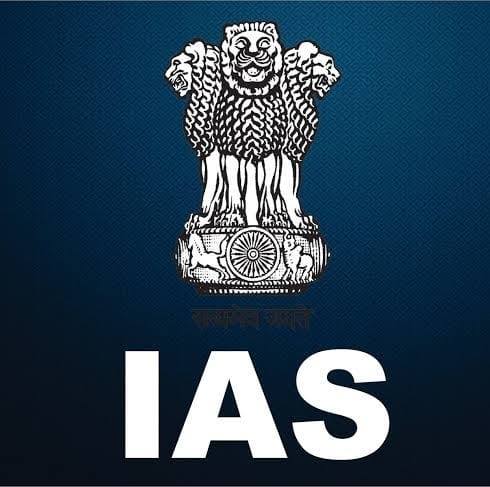A nationwide probe has been triggered after serious allegations of fraudulent reservation claims by 15 top civil service officers, including IAS, IPS, IRS, and IFS cadre members. At the heart of the controversy is a 2022-batch IAS officer accused of using a questionable EWS certificate from Rajasthan. As the DoPT and state governments swing into action, questions are being raised about systemic lapses and the potential erosion of public trust in India’s elite bureaucracy.
The Indian government’s flagship Civil Services Examination long hailed as the benchmark for meritocracy is now under a cloud of suspicion. The Department of Personnel and Training (DoPT) has initiated an unprecedented probe into 15 senior officers across IAS, IPS, IFS, and IRS cadres for allegedly misusing reservation benefits under categories like EWS, PwBD, OBC-NCL, SC, and ST.
At the center of the storm is a young IAS officer from Rajasthan, part of the 2022 batch and posted to the Madhya Pradesh cadre. He is now facing allegations of obtaining an Income and Asset (I&A) certificate under the Economically Weaker Sections (EWS) category using potentially forged credentials.

Whistleblower’s Trigger: RTI Activist Flags 22 Names, Focus on 15
The inquiry was prompted by a formal complaint filed in August 2024 by Pune-based RTI activist Vijay Kumbhar, who accused 22 officers of wrongfully availing reservation benefits. The DoPT has since narrowed its focus to 15 officers, including:
- 11 IAS officers
- 2 IPS officers
- 1 IFS officer
- 1 IRS officer
ALSO READ: FCRF Launches Campus Ambassador Program to Empower India’s Next-Gen Cyber Defenders
These officers hail from various states and departments, including Rajasthan, Uttar Pradesh, Haryana, Odisha, Bihar, Maharashtra, Kerala, the Ministry of Home Affairs, and the Ministry of External Affairs.
Kumbhar, who earlier brought the Puja Khedkar controversy to national attention, claims this misuse reflects a deeper rot in the system. “Ethical failure undermines justice,” he posted on X, demanding systemic reform.

Systemic Lapses and Silent Red Flags
A May 5 letter from DoPT, signed by Anshuman Mishra, has directed the Rajasthan and Madhya Pradesh governments to verify the authenticity of the EWS certificate used by the accused IAS officer. Simultaneously, other state governments and departments have been asked to conduct similar verification for officers named in the complaint.
Former IAS officer Sanjeev Gupta slammed the structural flaws in the recruitment system. “How do fake EWS and PwBD cases go unnoticed in civil services?” he questioned, pointing out that the Civil Services Exam (CSE) Rules mandate medical verification for benchmark disabilities only through AIIMS Delhi — a clause reportedly bypassed in some cases.
He warned that ignoring such bypassing of protocol may open the door for legal loopholes, and alleged that cadre allocation lists fail to reflect the categories under which candidates are selected, shielding potential misuse for decades.
Algoritha: The Most Trusted Name in BFSI Investigations and DFIR Services
A Call for Accountability and Reform
Several retired senior bureaucrats have voiced their alarm. Sudesh Kumar Shahi, former Joint Secretary to the Government of India, said, “If even a retired Secretary’s concerns are ignored, it’s a sad state. The DoPT must act swiftly to protect the UPSC’s credibility.”
IFS officer Mohan Pargaien praised the “patience and perseverance” of the RTI activist, hoping the exposure would push the system toward transparency and reform.
With India’s civil services held as the gold standard of administrative excellence, the findings of this probe could have far-reaching consequences. At stake is not just the fate of 15 officers, but public faith in the fairness of one of the world’s most competitive exams.



